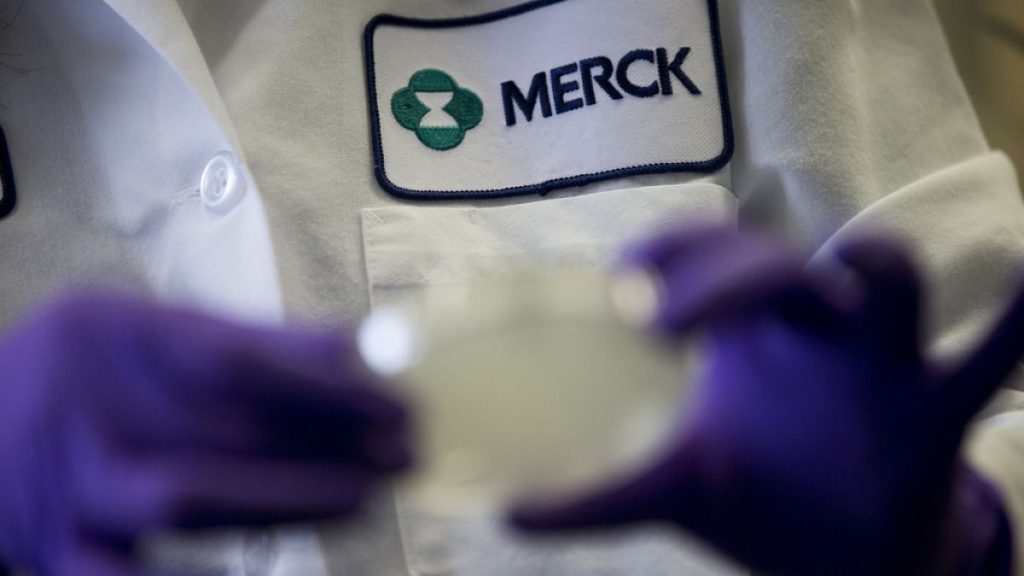Merck, a leading global pharmaceutical company, experienced a significant setback in early Tuesday trading as its shares plummeted following the release of a disappointing 2025 sales forecast. The company’s projection fell short of Wall Street expectations, primarily due to a temporary halt in shipments of its Gardasil vaccine to China, a key market for the product. This unexpected announcement triggered investor concerns, leading to an 8% drop in Merck’s share price in pre-market trading.
The temporary suspension of Gardasil shipments to China, expected to last at least until mid-2025, remains shrouded in ambiguity. Merck offered no specific reasons for the pause in its fourth-quarter earnings report, further fueling market speculation. While the company received approval in China for the use of Gardasil in males just a month prior, the recent sales figures paint a contrasting picture. Gardasil sales experienced a 17% decline in the final quarter of 2024, primarily attributed to a persistent trend of lower demand in the Chinese market. This discrepancy between the recent approval and the declining sales adds to the uncertainty surrounding the shipment pause.
The lower-than-anticipated 2025 outlook significantly impacted investor confidence. Merck projected adjusted earnings in the range of $8.88 to $9.03 per share, with sales between $64.1 billion and $65.6 billion. These figures fell considerably short of analyst projections, which estimated earnings of $9.13 per share and sales of $67.07 billion, according to FactSet. This substantial gap between company projections and market expectations contributed to the negative market reaction and the subsequent decline in share price.
Despite the disappointing 2025 outlook, Merck reported a strong performance in the fourth quarter of 2024. The company posted adjusted earnings of $1.72 per share on revenue of $15.6 billion, exceeding analyst estimates of $1.61 per share and $15.48 billion in revenue, respectively. This robust performance in the recent quarter highlights the underlying strength of Merck’s business, even amidst the challenges posed by the Gardasil situation in China.
The robust fourth-quarter results were driven by strong performance across several key product lines, most notably Keytruda, Merck’s leading cancer treatment. Keytruda sales witnessed a significant 19% increase, reaching $7.84 billion, further solidifying its position as a major contributor to Merck’s revenue. This continued growth in Keytruda sales provides a positive counterpoint to the Gardasil challenges and underscores the company’s strength in the oncology market. While the Gardasil situation presents a near-term headwind, the robust performance of other key products offers a degree of optimism for future growth.
The market’s reaction to Merck’s announcement underscores the importance of the Chinese market for the company’s growth trajectory, particularly for Gardasil. The temporary halt in shipments, coupled with the lack of clarity surrounding the reasons for the pause, has created uncertainty among investors. While the strong fourth-quarter performance demonstrates the resilience of Merck’s overall business, the Gardasil situation remains a key factor to monitor in the coming months. The company’s ability to resolve the issues in China and resume Gardasil shipments will be crucial in regaining investor confidence and achieving its long-term growth targets. The impact of this temporary setback on Merck’s overall performance in 2025 and beyond remains to be seen, and investors will closely monitor developments in the Chinese market.














